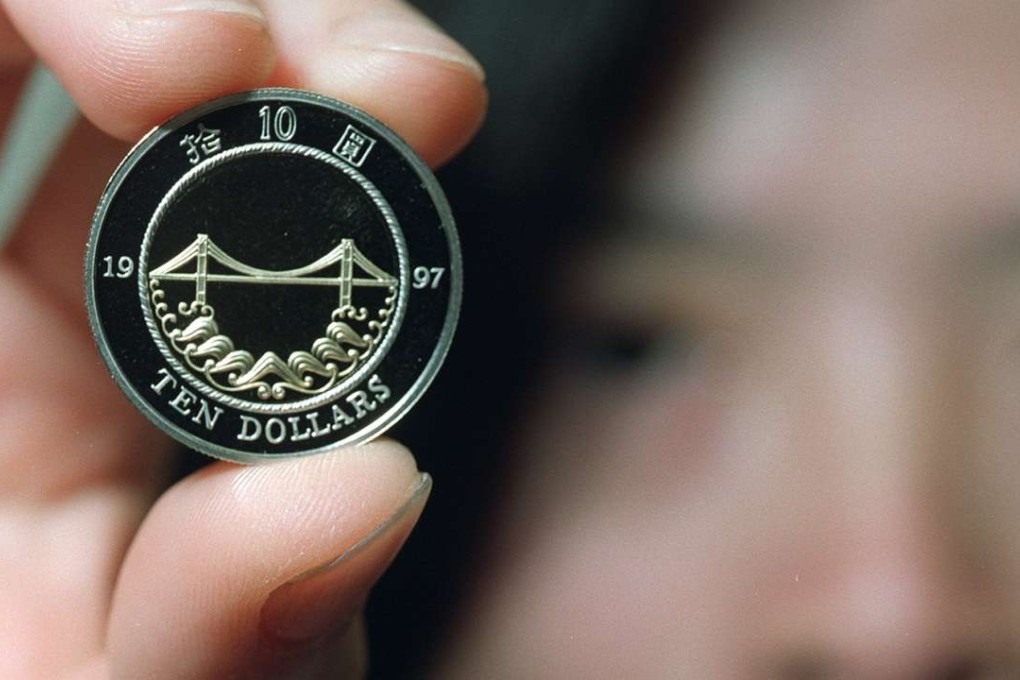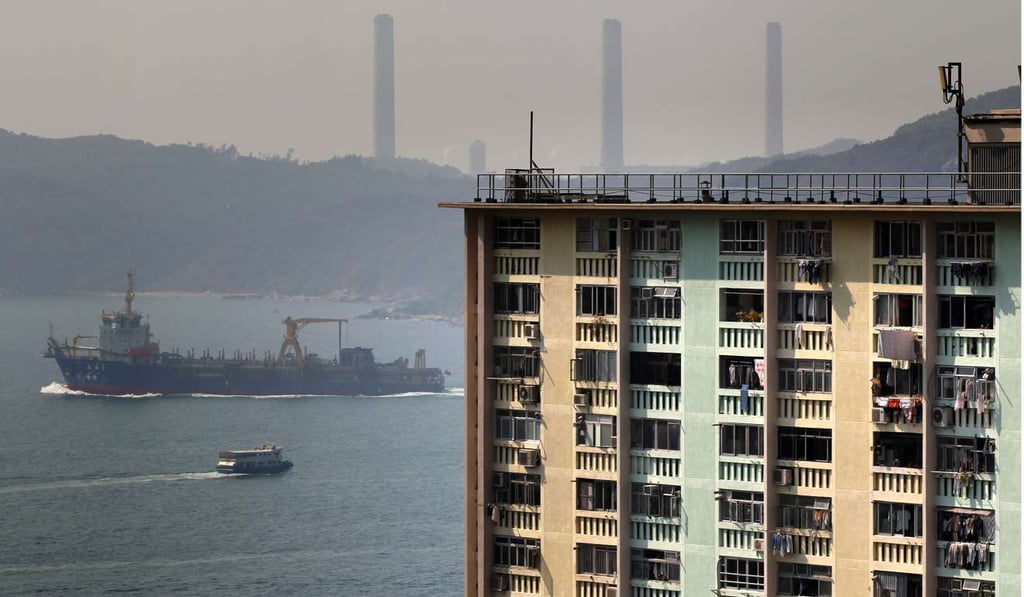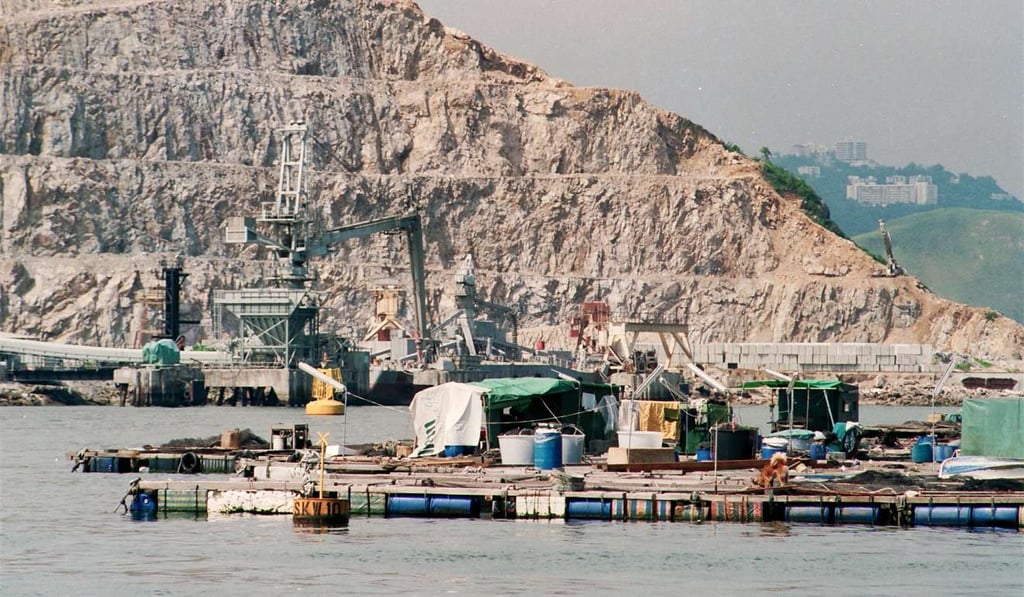Opinion | Why doesn’t Hong Kong celebrate more of its history with commemorative coins?
Peter Kammerer says many of Hong Kong’s events and achievements could be marked with commemorative coins, and politics does not have to play a part

A booklet from the Royal Australian Mint lands on my desk every three months. In it are listed new issues of coins commemorating events from Australia’s past and present deemed important enough to be indelibly stamped on metal. Among the latest offerings are the contribution of nurses during the first world war and next year’s Commonwealth Games. I’m not enough of a collector to want to shell out for any, but they do raise questions as to why Hong Kong doesn’t remember its history in a similar way.

Yet, all manner of other anniversaries important to the shaping of our city have passed unrecorded by the Monetary Authority. No coin issue will record the 20th anniversary of the establishment of the special administrative region this year; nor will there be one for the jubilee of the 1967 riots that pitted pro-communist forces against the establishment, a turning point in our city’s development. Although almost half of our population of 7.4 million live in public housing, the 60th anniversary of the scheme went unnoticed in 2014. War anniversaries are important to communities elsewhere, but Hong Kong’s government is in a bind about remembering those who gave their lives defending our city for the British colonial rulers.
The colonial past may also be why the 40th anniversary this year of the country parks system isn’t going to make it onto coins, no matter how significant the trails and parkland are to our recreation. The driving force behind its establishment was Murray MacLehose, arguably Hong Kong’s best-ever British colonial governor. He deserves to be remembered by himself, given that his policies also included the establishment of satellite new towns, the labour ordinance, the adoption of Chinese as an official language and overseeing the start of construction of the Mass Transit Railway.

